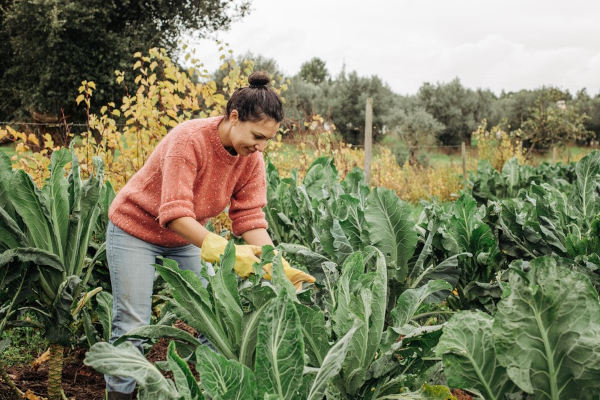
World Environment Day (WED) has been established by United Nations and is being celebrated annually on 5 June. Day’s aim in not only to be informed about environmental issues but also to consider our position in the planet and revise our daily habits and the impact of them in the environment.
How Agroecology can affect environmental sustainability in practice?
World Environment Day (WED) has been established by United Nations and is being celebrated annually on 5 June. Day’s aim in not only to be informed about environmental issues but also to consider our position in the planet and revise our daily habits and the impact of them in the environment.
In accordance with the Agroecology Europe Association, the term Agroecology can be referred in many ways: as a science, as a practice and as a movement is focused on the importance of agriculture on the whole planet. The main principle of Agroecology is the optimal and the rational use of resources, the application of ecological, economic and social principles always focusing on optimizing the interaction between plants, animals, the environment and human relations.
Driven by holism, both theoretically and practically, Agroecology centers on managing for the sustainability of agriculture and food systems through the simultaneous coexistence of environment and humans. More specifically, Agroecology concentrates on 10 elements:
- Diversity
- Co-creation and sharinf of knowledge
- Synergies
- Efficiency
- Recycling
- Resilience
- Human and social values
- Culture and food traditions
- Responsible governance
- Circular and solidarity economy
However, how can we support Agroecology as consumers?
Realizing the need of our natural wealth to listen to its calls. This will be the decisive and the greatest step to revise our attitude and our choices.
We can turn more to the organic products since they ensure that their production is being certified with the highest standards. In addition to this, if we aim to develop a more substantial and direct connection with the producers, we will be informed about their cultivation techniques and the benefits of those techniques to the soil and the environment in general. Our support for organic farming could be a mean of pressure to policy makers to realize the possibilities and opportunities that Agroecology regenerates in nature, in the environment and in our lives.
Considering, therefore, the protection of the environment as a primary end imperative need, the application of Agroecology in agricultural systems ensures sustainability and leads to the redefinition of the size of our ecological footprint.
It is a good start to review our attitude both in environmental and social dimension.


